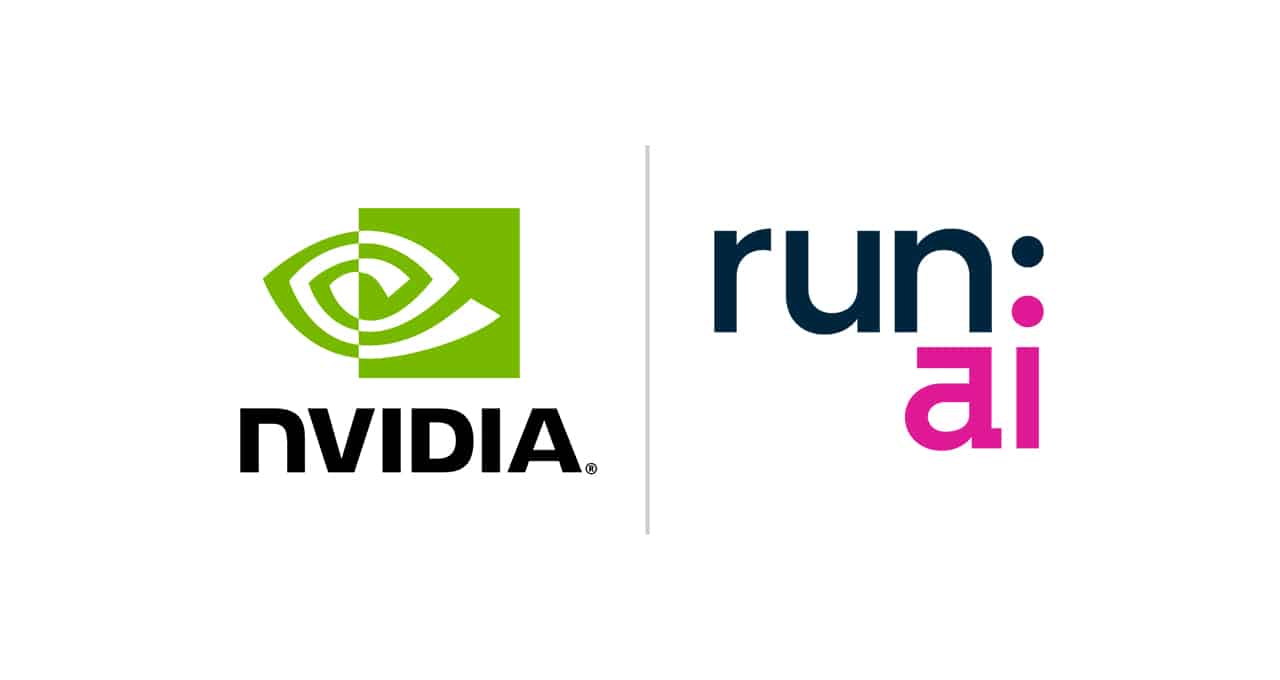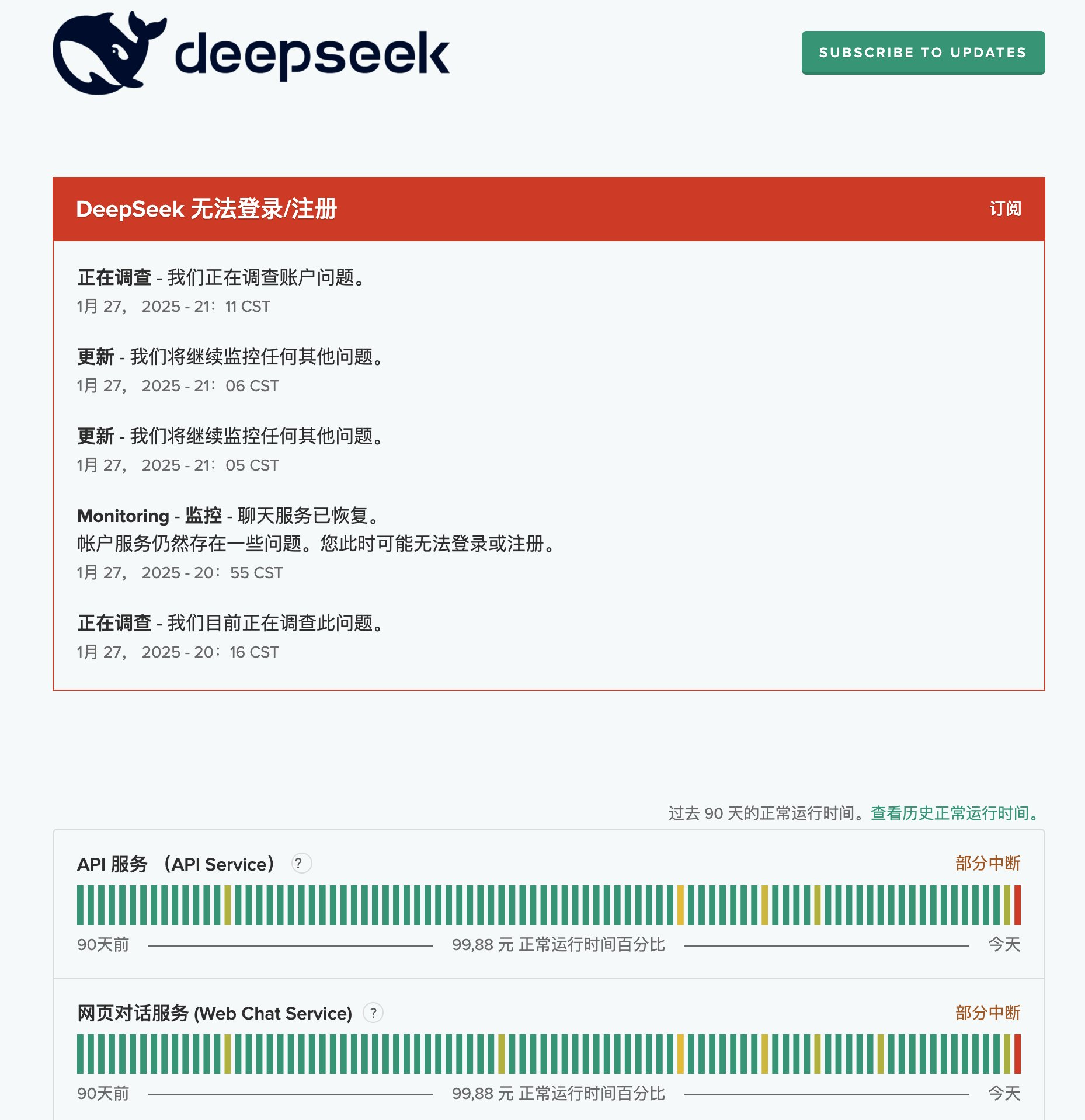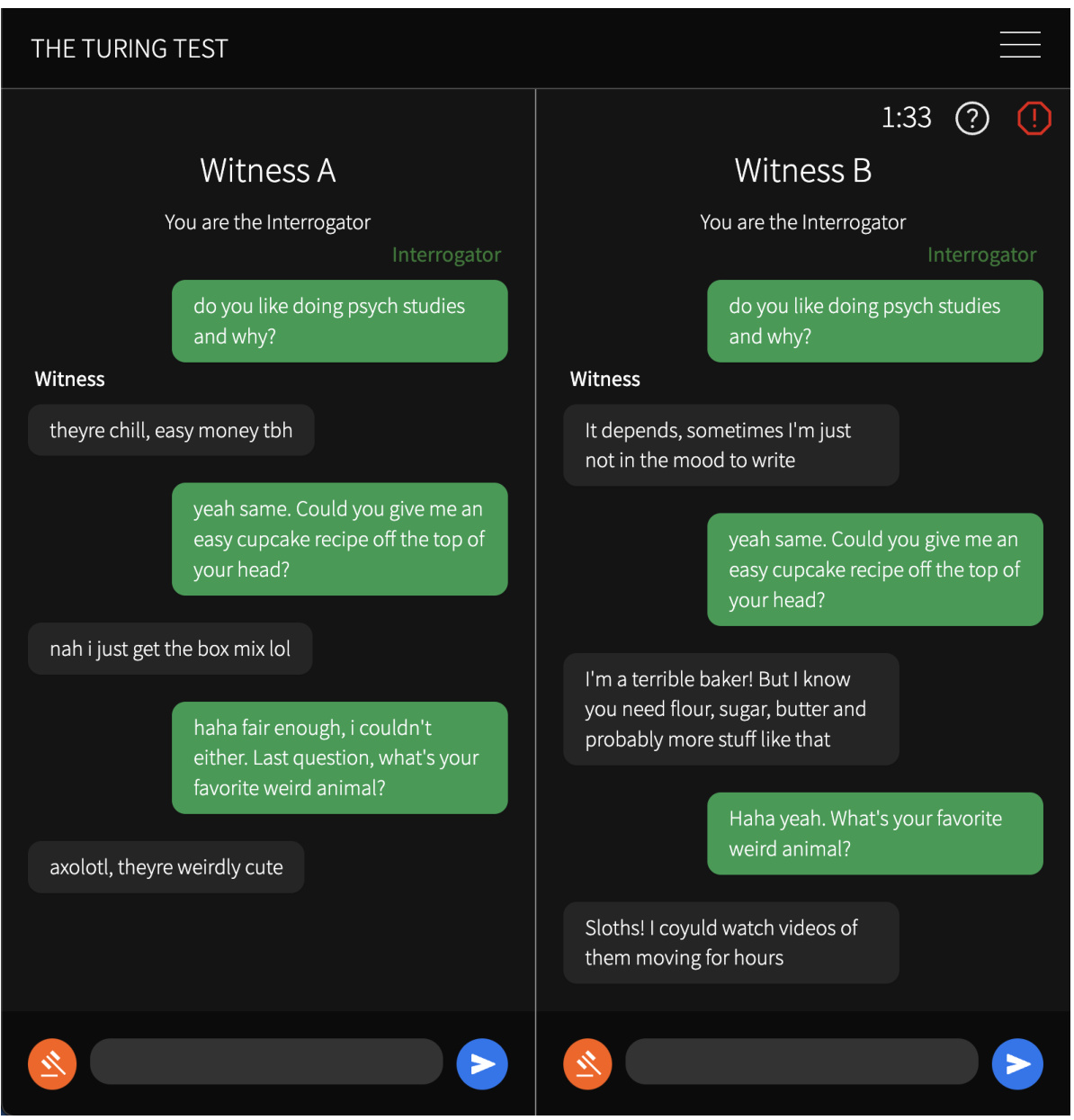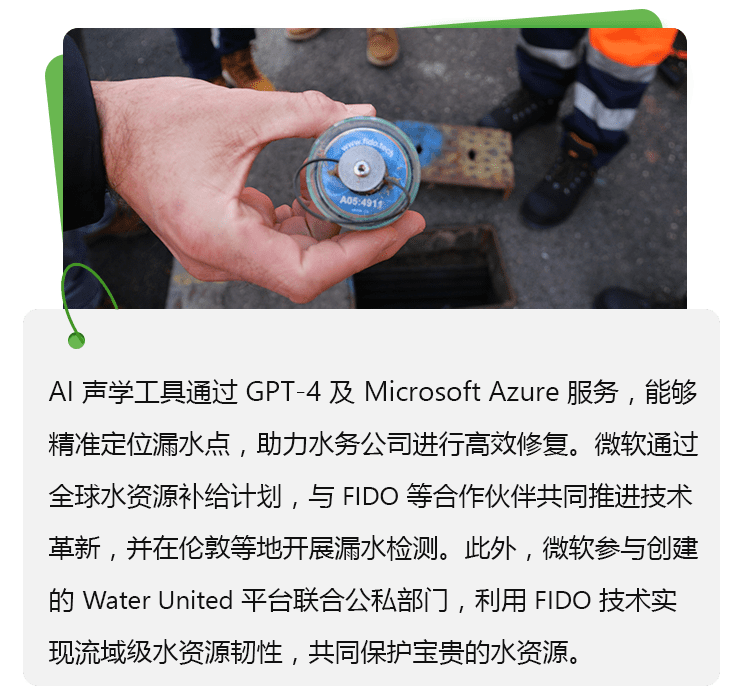Run:ai is open source! NVIDIA's move has players in the AI world sitting up and down
NVIDIA, the giant in the GPU space, has made big news again. This time, they've done it with what is said to be a whopping Seven hundred million dollars. The company has acquired Israeli software startup Run:ai for a price of $10,000, and not only that, but they have also announced that they will open source Run:ai's software! This operation has directly blown up the AI circle.
Fresh from overcoming regulatory resistance to its acquisition by NVIDIA, Israeli artificial intelligence (AI) startup Run:ai is about to open source its software.
On Monday, December 30, EST, Run:ai announced on its own website that the Run:ai software, which currently runs only on NVIDIA-based systems, will be open-sourced. This means that NVIDIA's rivals such as AMD and Intel will be able to access Run:ai's code and tweak it for use in computers that utilize NVIDIA's competing hardware.
What does Run:ai do? Simply put, it's an "AI infrastructure scheduler" that enables organizations to manage GPU resources more efficiently. Such a software, which originally only supported NVIDIA GPUs, is now free for developers around the world to use. This thing, in the past, you dare to think? NVIDIA in the end what drug is sold in the gourd?

What's so great about Run:ai?
The core function of Run:ai is to help enterprises better "deploy" the GPU resources in their hands. Nowadays, AI tasks are getting more and more complex, and GPUs are so expensive, how to use them in a cost-effective way is a big problem. Run:ai's software is like a smart butler, allocating GPU resources on demand - whether locally deployed, in the cloud, or on NVIDIA's own DGX cloud platform.
Now, NVIDIA has taken Run:ai directly into its own camp, not forgetting a wave of bravado:
"Open-sourcing this software will help the community build more powerful AI faster."
To put it bluntly, Run:ai's open source will allow NVIDIA to dominate not only in hardware, but also in software.
One NVIDIA enthusiast's comment was spot on, "Open source is really smart, it makes it easier for companies to buy GPUs and for others to help maintain the code for free. When the code is released, I'd really like to look into it, with all the twists and turns of multi-GPU training."
NVIDIA's open source math
So the question is: why is NVIDIA so "generous" with open source? After all, this is a big deal of 700 million dollars ah!
Actually, the answer isn't too hard to guess. NVIDIA now has a market capitalization 3.56 trillion dollars, already one of the most valuable companies in the world. With that kind of volume, buying a company can lead to antitrust spats at every turn. Open source, in a way, is to give regulators a piece of mind:
"Look, we're not monopolizing resources, we're having an open ecology."
In a statement, Run:ai founders Omri Geller and Ronen Dar also said that the open source is meant to benefit the entire AI ecosystem: "While Run:ai currently only supports NVIDIA GPUs, the open source will be able to scale to the entire AI ecosystem."
This wave of operation also labeled NVIDIA "open platform" good label. In the jargon, this is called "eating good-looking". One side of the technical advantage, but also can harvest developers' good feelings, why not?
A revolution in the AI industry?
NVIDIA has always been known for its hardware, but in recent years, it has been making more and more moves in the software field. From CUDA to the current Run:ai, it can be seen that it wants to create an ecological closed loop of software and hardware. And open source is to make this closed loop bigger and firmer.
The Run:ai founder didn't forget to brag again this time around, "GPUs and AI infrastructure will continue to drive the world to change at an unprecedented rate, and joining NVIDIA gives us the opportunity to accomplish this great mission together."
Translation: open source is not for the public good, it's to get more people to use NVIDIA's stuff so they "can't live without it".
However, NVIDIA's rivals are probably already sneering:
"When it's open-sourced and everyone can use the tool, isn't that just a disguised way of saving us money on R&D?"
A technical enthusiast's comment is more accurate complementary knife: "They directly add the 'fractional GPU' function to the Kube GPU operator on the line, have to make a big news." I have to say, NVIDIA's open source, seemingly to help developers, but in fact "help" themselves.
Challenges and opportunities
Of course, open source is not all risk free. NVIDIA needs to find a balance between openness and control. Open more, may lose the technological advantage; control more, and will be sprayed false openness, real monopoly. However, considering the community innovation and technology iteration that open source can bring, the bet is still cost-effective.
What's more, this NVIDIA wave could lead to an open source trend across the AI industry. ai players may focus more on standardization and interoperability rather than closed exclusive technologies. This is a good thing for the industry as a whole.
What's next for NVIDIA?
In the future, the combination of Run:ai and NVIDIA is sure to produce more interesting sparks. In the short term, this will make NVIDIA's GPU scheduling tools even better, directly benefiting its enterprise customers. In the long term, open source will make Run:ai's tools even more powerful and may even become the new standard for AI infrastructure.
However, don't forget that open source is just a tool. The real decision to win is who can seize the wind of AI development. NVIDIA's hand of "open source + ecological" operation, obviously rushing to the "hardware + software" win-win to go.
One user commented quite classically, "AI and accelerated computing are changing the world at an unprecedented rate." Judging from this open source, NVIDIA's ambition is not just to change the AI industry, but to write its own name in the field.
Can this be won?
NVIDIA's open-sourcing of Run:ai is undoubtedly a big move in the AI infrastructure space. It not only solidifies NVIDIA's dominance in the GPU market, but also portrays an open and innovative corporate image.
As for whether this chess can be won? It also depends on the AI circle of players will not buy. But one thing is certain: NVIDIA's calculations, not just "send benefits" so simple.
After all, the rules of the king's game have always been set by the king.
© Copyright notes
Article copyright AI Sharing Circle All, please do not reproduce without permission.
Related posts

No comments...




